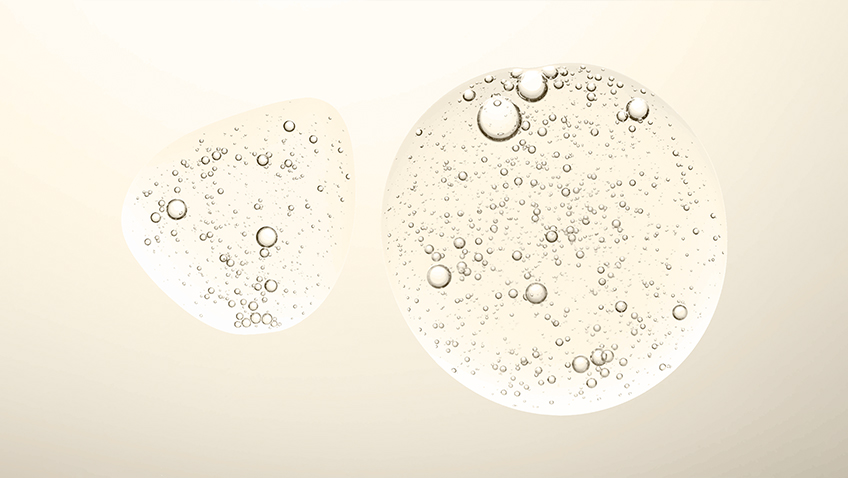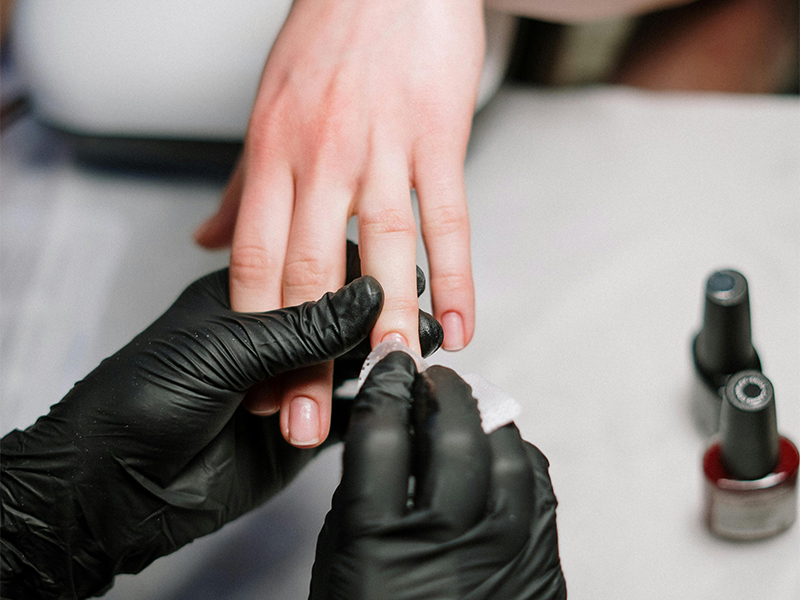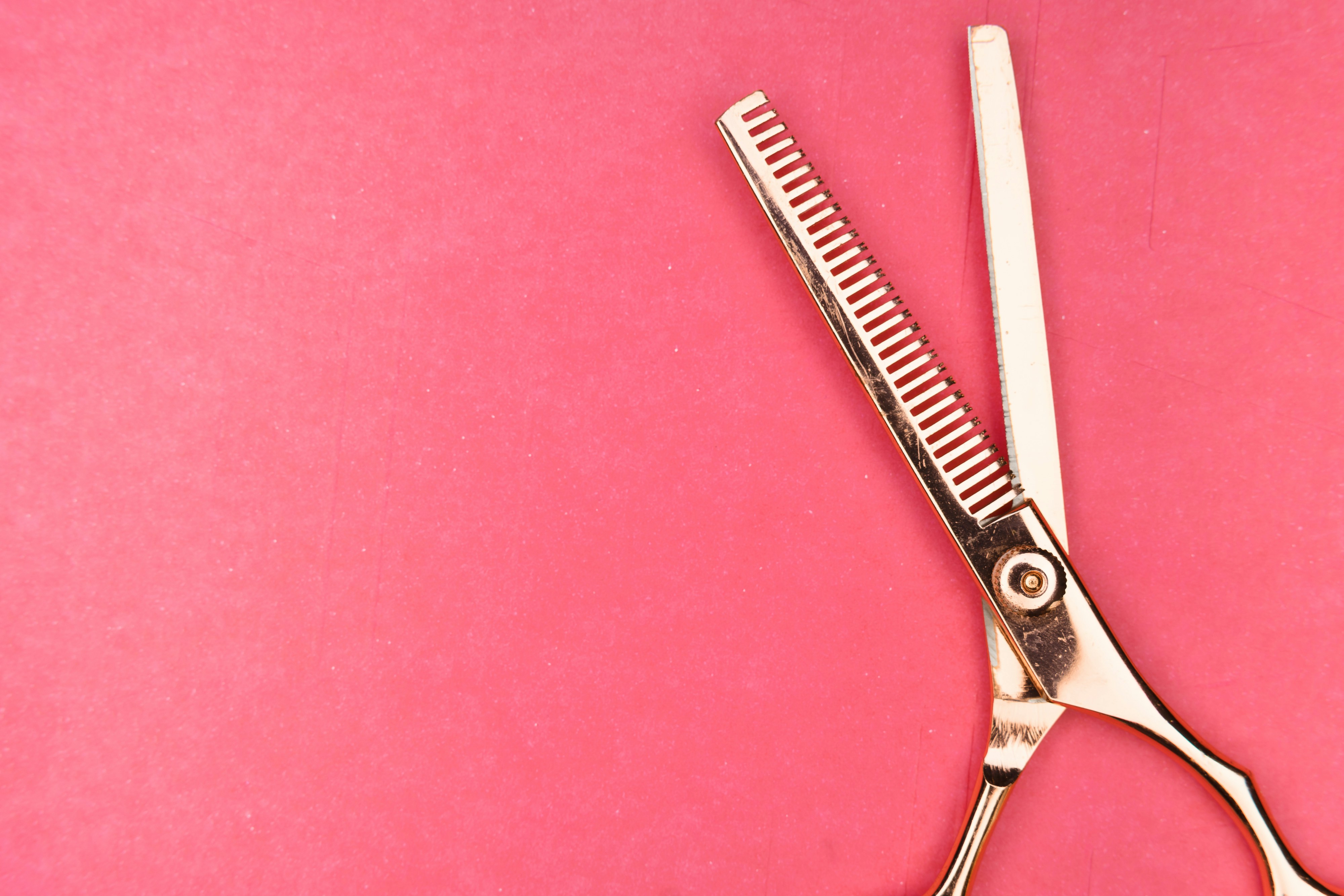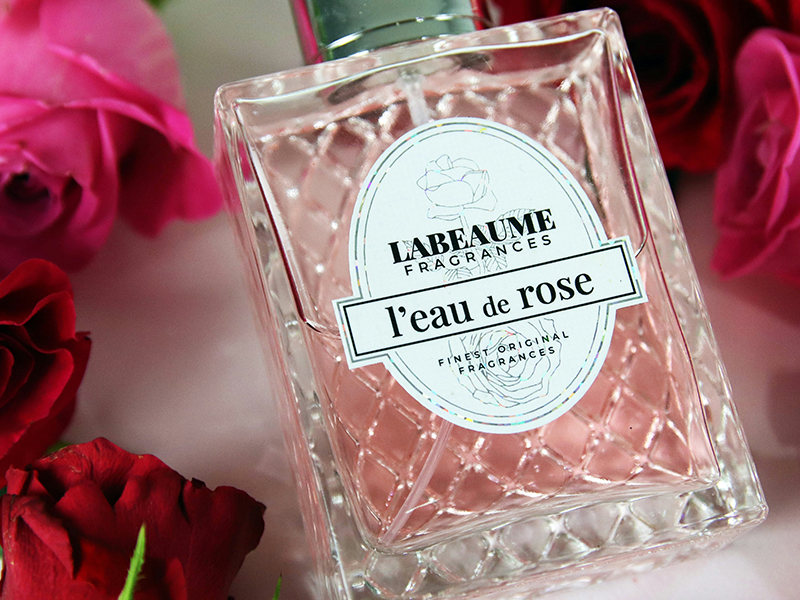When it comes to cosmetics, there are a lot of ingredients that can be used, Some are found more commonly than others and others are found to be more effective.
Here, we will discuss the most popular cosmetic ingredients, their benefits, and drawbacks. Stay tuned to learn more!
Most Commonly Used Cosmetic Ingredient
Here are the most popular cosmetic ingredients and chemicals:
Water
Water, also known as H₂O, is common, and for a good reason – it's hydrating, refreshing, and can be used in nearly every product type.
Whether in a spray, cream, gel, or serum, water is often one of the first ingredients listed on a product because it plays an important role in its formulation.
Alpha-hydroxy acids (AHA)
Alpha-hydroxy acids (AHA) are chemicals found in a wide range of skincare products, from anti-aging creams to acne treatments.
Here are the most common types of AHA used in cosmetics:
Glycolic acid:
Glycolic acid is a naturally occurring acid derived from sugary fruits.
They dig deep into the surface of your skin to break apart bonds between dead skin cells, which speeds up cell turnover and reveals glowing, healthy skin underneath.
Lactic acid:
Lactic acid is an organic compound that plays a role in several biochemical processes, including glycolysis, fermentation, and muscle metabolism. Its chemical structure consists of a carboxylic acid group with a hydroxy group attached to the carbon atom.
Lactic acid is produced naturally in the body and is also found in fermented foods such as yogurt and sauerkraut.
Beta hydroxy acids (salicylic acid)
Salicylic acid is a beta hydroxy acid (BHA) used in cosmetics to reduce the appearance of fine lines and wrinkles and improve skin texture.
It works by penetrating the skin and breaking down the glue that holds dead skin cells together. This allows new, healthy skin cells to surface, giving the complexion a smoother appearance.
Hydroquinone
Hydroquinone is a popular ingredient in cosmetic products because it is an effective skin lightener. It works by inhibiting the production of melanin, the pigment that causes the skin to darken.
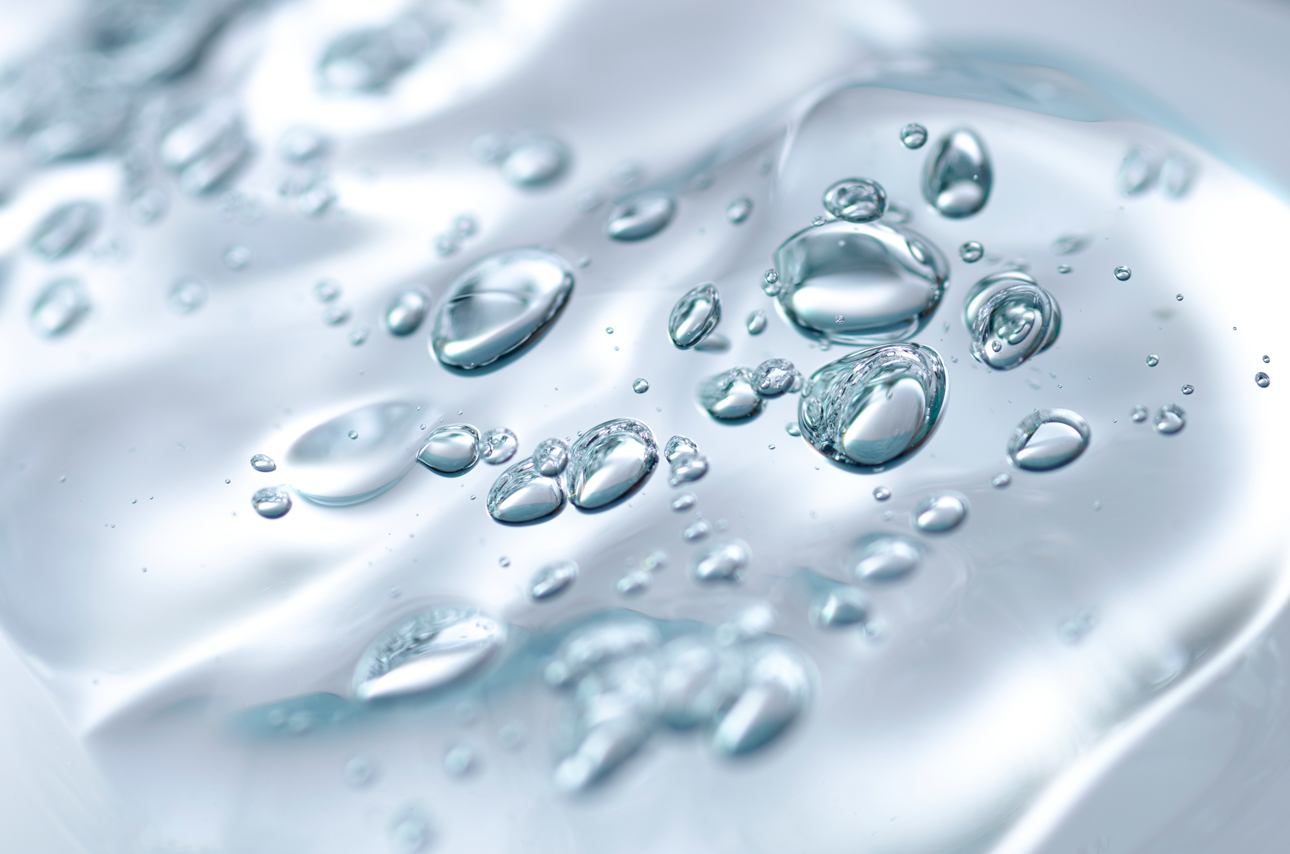
Kojic acid
Kojic acid is a popular ingredient that can be found in many skincare products. It is often used to help lighten the skin and reduce the appearance of sunspots, age spots, and other pigmentations.
Glycerin
Glycerin is a colorless, odorless, and sweet-tasting liquid used as a humectant in cosmetics. Humectants are ingredients that help to keep skin hydrated by attracting and retaining water. Glycerin is also used as a solvent for other ingredients.
Retinol
Retinol is a form of vitamin A that helps increase cell turnover, which in turn reduces the appearance of wrinkles and age spots.
It also stimulates collagen production, which helps keep skin looking young and elastic. In addition, retinol helps unclog pores and fights blemishes.
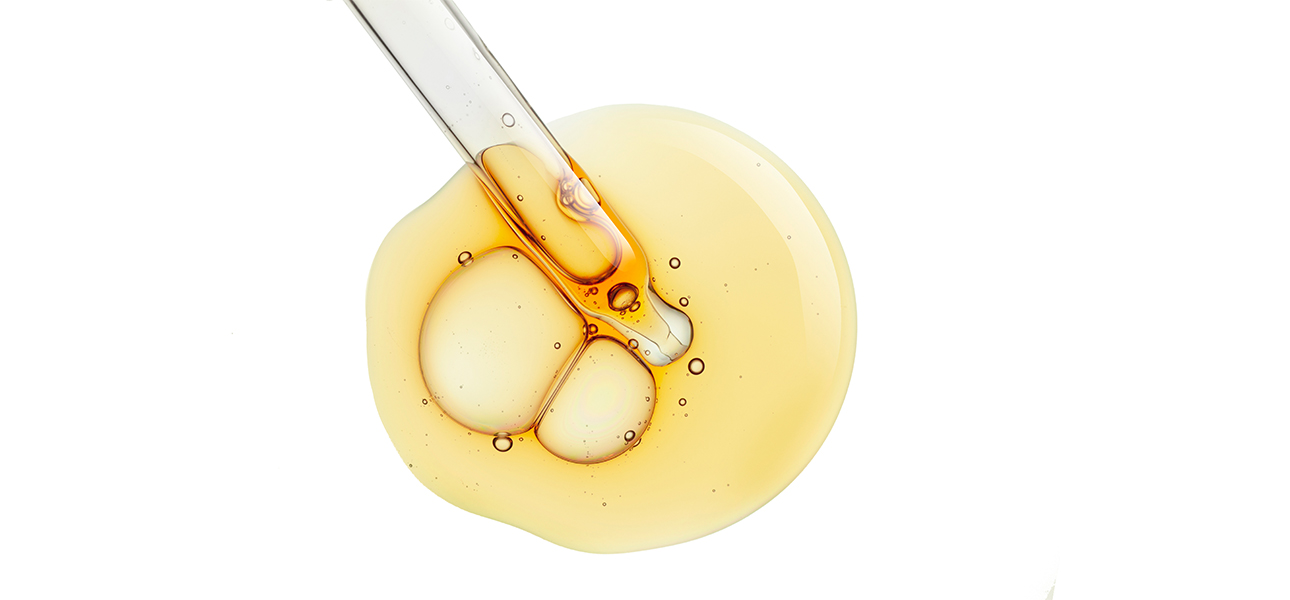
Formaldehyde
Makeup is one of the most commonly used products that contain formaldehyde. This is a chemical used in many household and beauty products, including cosmetics. It is also a known human carcinogen.
Though it is present in small amounts in many products, it can be toxic when inhaled or when it comes into contact with the skin. When buying makeup, look for products that are labeled ‘formaldehyde-free.’
L-ascorbic acid (vitamin C)
L-ascorbic acid, or vitamin C, is one of the world's most commonly used ingredients.
It's a powerful antioxidant that helps protect skin from environmental damage and also plays a role in collagen production.
Niacinamide (vitamin B3)
Niacinamide appears in many skincare products, including anti-aging products, treatment of acne and rosacea, and to lighten skin pigmentation.
Although you may think you need a degree in chemistry, all these ingredients serve a purpose and help to improve the appearance of our skin.
Alcohol
Alcohol is used as a delivery agent for other ingredients. It evaporates quickly and has a drying effect on the skin, which makes it useful for products like toners. It also has antimicrobial properties, meaning it can help to keep bacteria from growing in the product.
Alcohol can also help to promote the penetration of active ingredients into the skin. When applied topically, it breaks down the barriers that keep ingredients from reaching the inner layers of the skin. This allows for a more efficient delivery of those ingredients.
Conclusion
So if we go back to our original question, some will be surprised to hear that it's actually water!
Water has many benefits for the skin:
- It helps to keep the skin hydrated and moisturized, which can help to prevent dryness, flaking, and irritation.
- It can also help to plump up the skin, making it look fuller and more youthful.
- It can help to flush out toxins and impurities from the skin.
Not only does water have numerous benefits for the skin, but it's also relatively inexpensive and easy to find. So if you're looking to improve your skin care routine, be sure to start with a product that contains water as its main ingredient.





